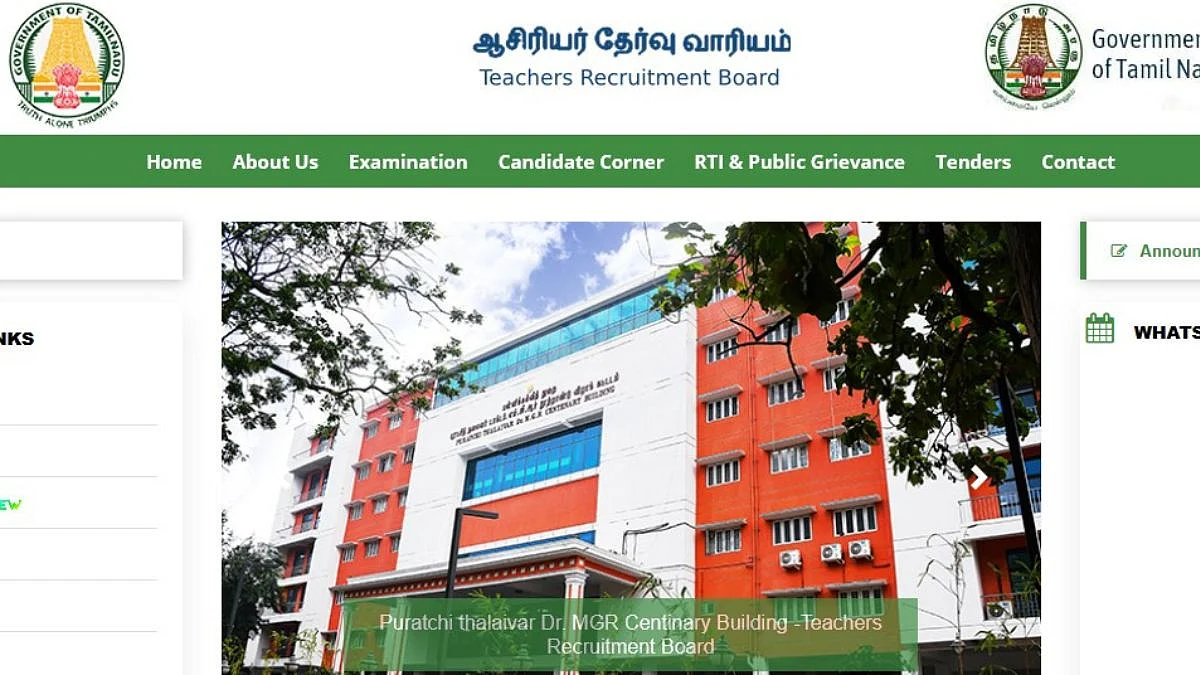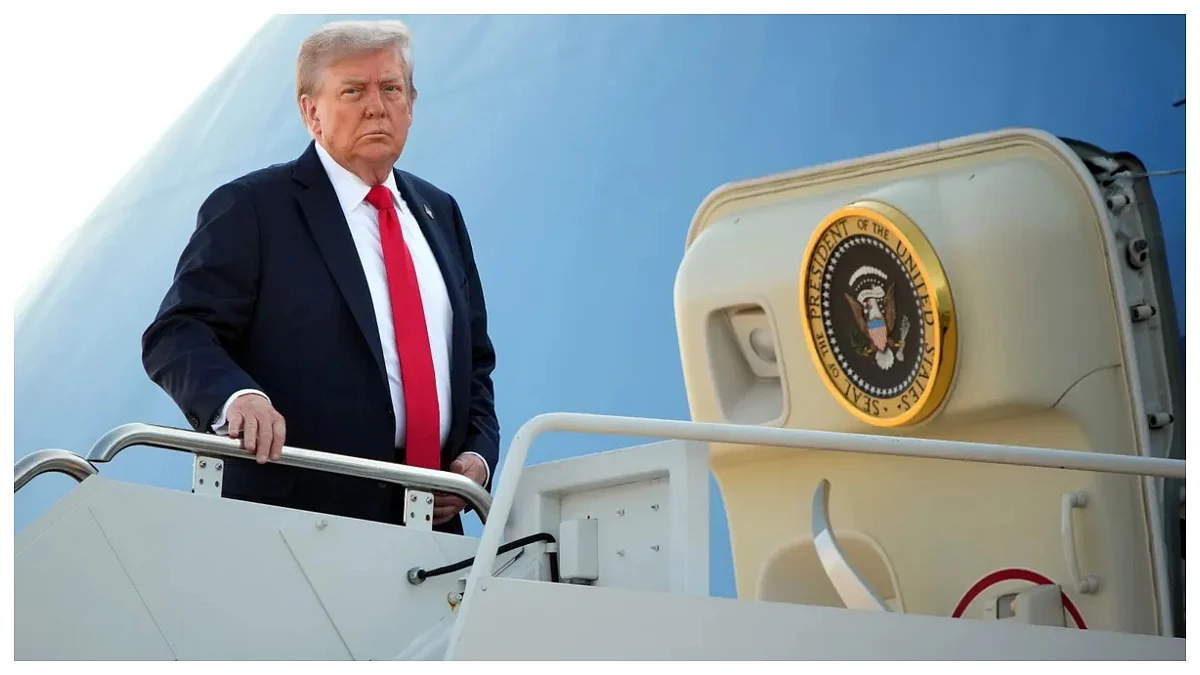Prime Minister Narendra Modi inaugurated Semicon India 2024 at the Expo Center in Greater Noida on Tuesday, outlining a bold vision for India's electronics sector. The Prime Minister set an ambitious goal of growing the sector to $500 billion by 2030, which he stated would create 60 lakh jobs for the country’s youth.
Addressing a global audience with delegates from 29 countries, PM Modi emphasized that technology should be driven by democratic values. "When democratic values are added to technology, its positive energy increases. Without them, technology can become fatal," he remarked, underscoring the ethical responsibility in tech development.
The three-day expo is of critical importance as India prepares to establish its first semiconductor park in Uttar Pradesh, which is expected to generate 5 lakh jobs. This park will play a pivotal role in making India self-reliant in semiconductor manufacturing, a key sector in modern electronics.
PM Modi expressed that for India, a semiconductor chip is not merely a technological component but a way to fulfill the aspirations of millions. He emphasized the need to prepare India’s students and professionals for the evolving semiconductor industry, reinforcing the nation’s commitment to becoming a global leader in this field.
He said that India's forward-looking policies had attracted over ₹1.5 trillion in semiconductor investments. Referring to his earlier address at the Red Fort, he reiterated his vision to see Indian-made chips in every device worldwide.
PM Modi also toured the exhibition before the inauguration, reviewing semiconductor-based devices and innovations. He highlighted India's growing semiconductor ecosystem, noting that it is the eighth country to host such a global event. He confidently stated, "In 21st-century India, the chips are never down. And even if they are, you can always bet on India."
The Prime Minister also drew an analogy between semiconductors and diodes, stating that the energy in India’s semiconductor sector flows in both directions – as industries invest, the government provides support through stable policies and ease of doing business.
India is actively building its semiconductor workforce, with 85,000 technicians, engineers, and R&D experts being trained to be industry-ready. The Prime Minister also highlighted the Anusandhan National Research Foundation's role in driving innovation and announced a special ₹1 trillion research fund.
Additionally, PM Modi outlined the strategic advantages of India's semiconductor policies, pointing to the country’s reformist government, growing manufacturing base, and tech-savvy population as key factors. He also highlighted international partnerships, with India playing a vital role in initiatives like the QUAD Semiconductor Supply Chain and agreements with countries such as Japan, Singapore, and the United States.

The Prime Minister concluded by reiterating India’s mission to become a global semiconductor powerhouse, with the government providing 50% support for establishing semiconductor manufacturing facilities. As part of this vision, India is also focusing on securing critical minerals essential for semiconductor manufacturing.
Chief Minister Yogi Adityanath, Union Minister Ashwani Vaishnav, and other prominent leaders were in attendance, alongside global leaders, CEOs, and experts from the semiconductor industry.










